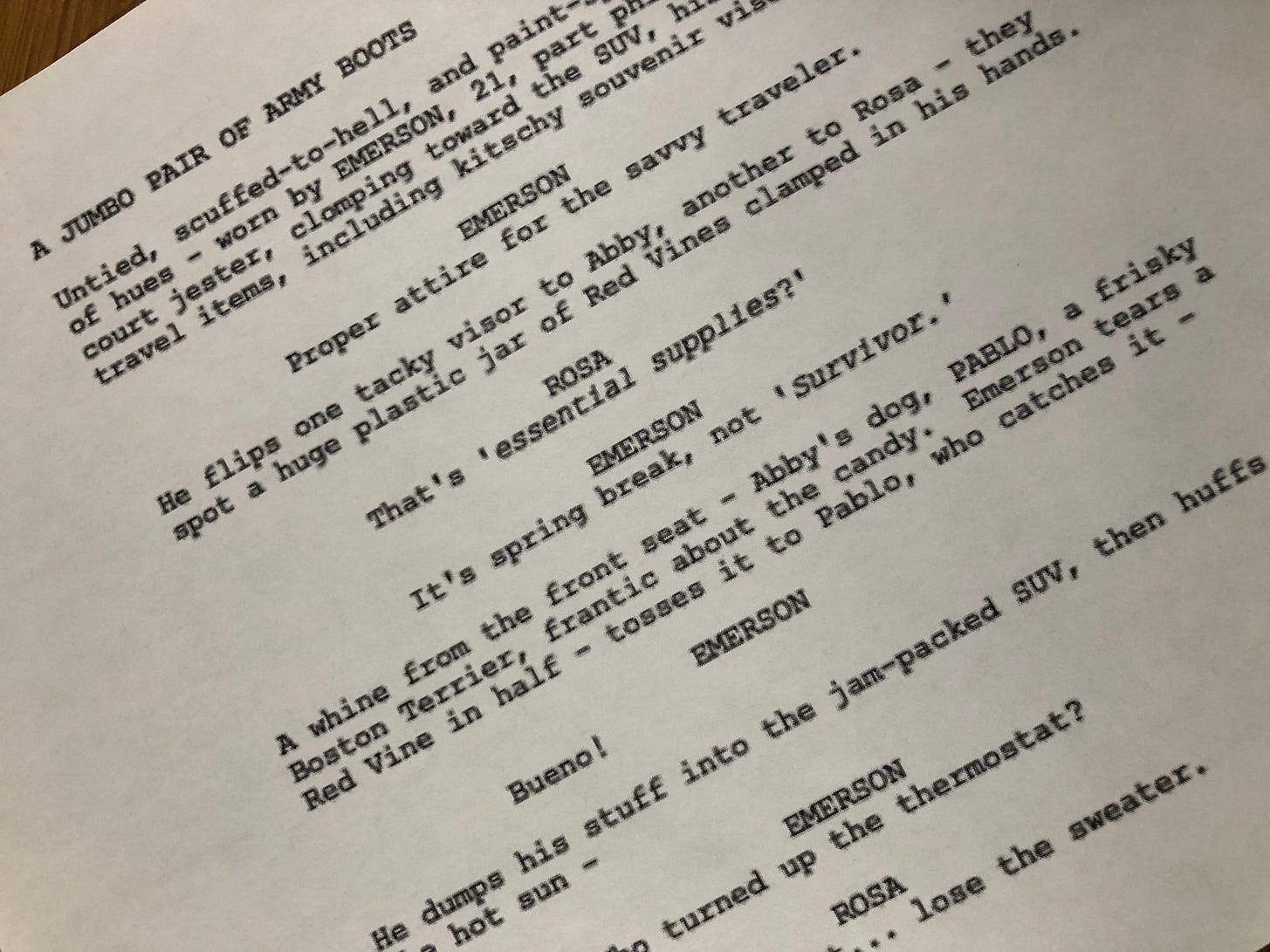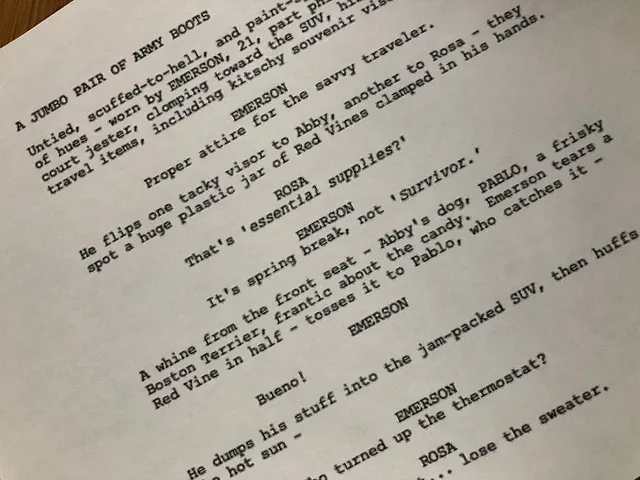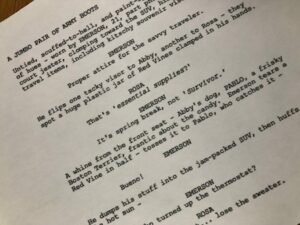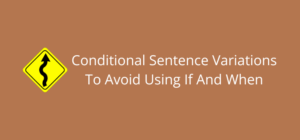The Surprising Sign That Reveals When Your Character Work Is Truly Complete

Great question! One that arose in the current Character Development Keys course in one of our active message board discussions. Here is my reply.
While it’s tempting to cite this quote from M. Somerset Maugham — “You can never know enough about your characters” — you raise a valid point. For one thing, we can keep doing character work to avoid writing pages, either consciously or — more often — subconsciously. And there’s this: The amount of character work is scalable depending upon the type of story we’re writing. For example, if we’re writing a slapstick comedy, or a horror or action piece — basically, genre movies — we may not need the depth of character twe do for, say, a drama or psychological thriller.
So advice? I actually like this suggestion: Stop the character work and try writing some scenes. Do the characters feel authentic? Can you hear their voices? Are the words coming naturally to you? Can you “see” the characters in your minds eye? If so, there’s a good chance you’re ready to write. If not, maybe time for more character work.
Bear in mind, the point of brainstorming and character work is to discover what lies at the core of each character and their respective psychological complexes. In doing that, hopefully you’re discovering their voice, personalities, instincts, and such, so when you write them, they “inform” your process.
So in sum, there’s no right answer. You need to do enough character work you understand their respective narrative functions, you know what’s at the core of their being, you hear their voice and grasp their sense of agency, and mostly when you write them, they inform and drive your writing process.
There’s no downside to simply start writing. If you’ve done sufficient character work, that should manifest itself with your writing. If not, you’ll discover that as well.
This brings to mind a previous Go Into The Story article: The Iceberg Theory of Writing. Here’s an excerpt.
That said, you’re not going to put all of what you know about your characters in the script. Rather, most of the background and insights you have about your characters will exist off-screen.














